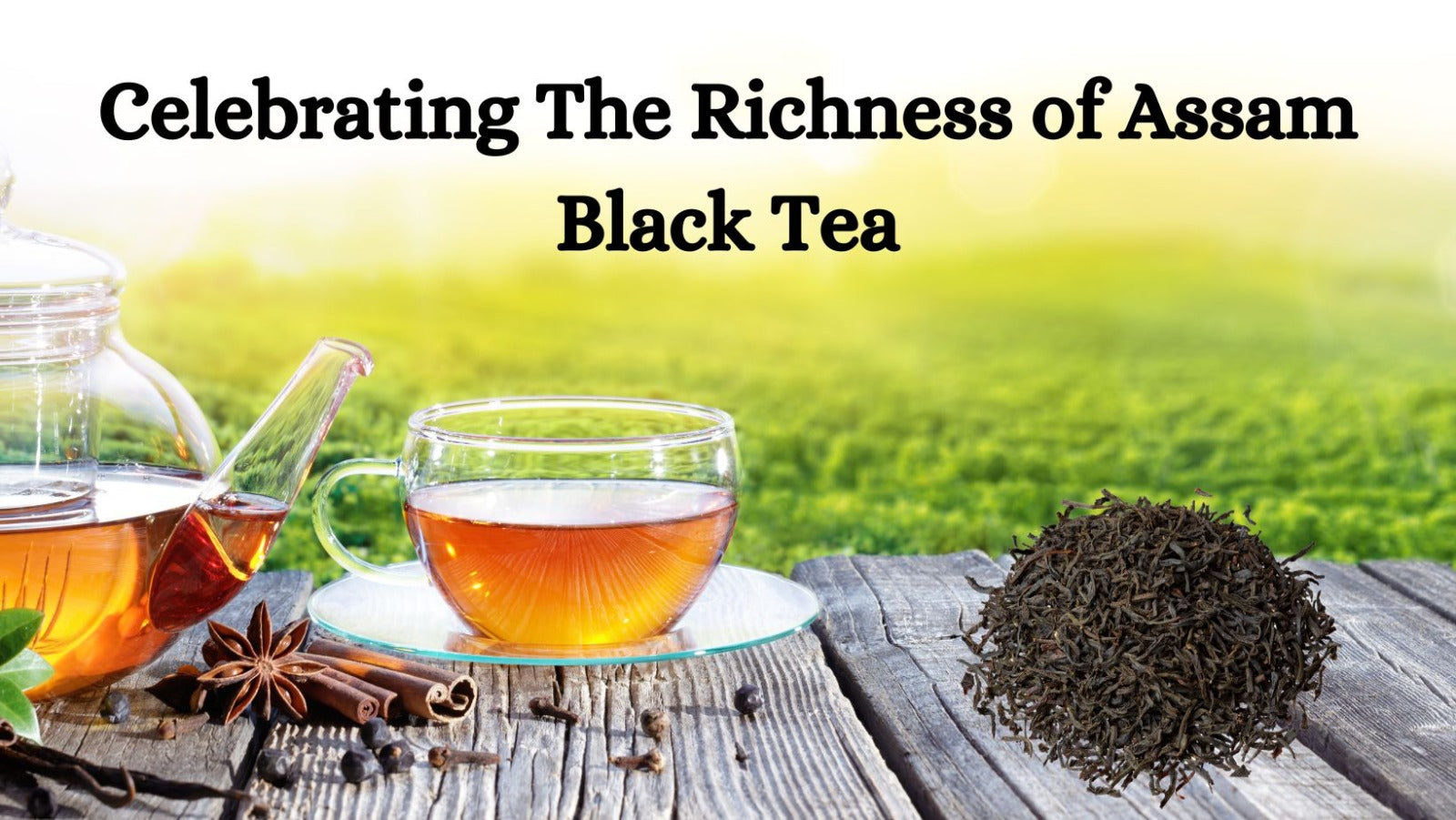Are you a fan of intermittent fasting and also love sipping on a hot cup of green tea throughout the day? If so, you might be wondering whether green tea interrupts your fasting. This article will delve into the relationship between fasting and green tea, debunking any myths and providing you with the facts you need to know.
Intermittent fasting has become popular for its possible health advantages, such as weight loss and enhanced metabolic health. On the other hand, green tea is renowned for its antioxidant properties and potential to aid in weight loss. But does drinking green tea during your fasting window break your fast and derail your progress?
In this article, we will explore the effects of green tea on fasting, addressing whether it disrupts autophagy, raises insulin levels, or affects ketosis. We will also discuss any potential benefits that green tea might offer during fasting, such as its ability to suppress hunger and enhance fat burning.
So, if you're curious about how green tea fits into your fasting routine, keep reading to discover the truth behind this popular beverage.
Understanding the concept of fasting
Fasting is the practice of abstaining from food or calorie-containing beverages for a specific period. Intermittent fasting has been a practice for centuries, driven by reasons spanning religious, spiritual, and health motivations. In recent years, fasting has gained popularity as a weight loss strategy and for its potential health benefits beyond just shedding pounds.
There are several different fasting methods, including intermittent fasting, which involves cycling between periods of fasting and eating. The most common forms of intermittent fasting include the 16/8 method, where you fast for 16 hours and have an 8-hour eating window, and the 5:2 method,This approach involves eating normally for 5 days and then restricting calorie intake for 2 non-consecutive days.
Fasting triggers a metabolic state called ketosis, where your body begins to burn stored fat for fuel instead of glucose. This practice may result in weight loss and other health advantages, like enhanced insulin sensitivity and decreased inflammation.
Benefits of fasting
Fasting has been linked to numerous health benefits, making it a popular choice for those looking to improve their overall well-being. Some of the potential benefits of fasting include:
Weight loss: By restricting your eating window, fasting can create a calorie deficit, leading to weight loss.
Improved insulin sensitivity: Fasting can help regulate blood sugar levels and improve insulin sensitivity, which is beneficial for those with type 2 diabetes or insulin resistance.
Enhanced autophagy: Autophagy is a natural process where cells recycle and remove damaged components. Fasting has been shown to increase autophagy, which can improve cellular health.
Reduced inflammation: Fasting has been found to reduce markers of inflammation in the body, which may help protect against chronic diseases.
Cognitive benefits: Some studies suggest that fasting may improve brain function, potentially reducing the risk of neurodegenerative diseases.
While these benefits are promising, it's important to note that fasting may not be suitable for everyone. Individuals with certain medical conditions, pregnant or breastfeeding women, and those with a history of disordered eating should consult with a healthcare professional before embarking on a fasting regimen.
How does green tea affect fasting?
Now that we have a better understanding of fasting and its potential benefits, let's explore how green tea fits into this equation. Green tea is a type of tea made from the leaves of the Camellia sinensis plant and is known for its high concentration of antioxidants, particularly catechins.
Green tea also contains caffeine, albeit in smaller amounts compared to coffee. The combination of antioxidants and caffeine is believed to contribute to the various health benefits associated with green tea consumption.
But does drinking green tea during your fasting window interfere with the metabolic state of fasting? Let's take a closer look.
Does green tea break your fast?
One of the primary concerns when consuming green tea during fasting is whether it breaks the fast and disrupts the metabolic changes that occur during a fasting period.
While green tea does contain some calories, it is generally considered to be a calorie-free beverage. The calories present in green tea are minimal and unlikely to have a significant impact on your fasting period. Therefore, in terms of calorie intake, green tea is unlikely to break your fast.
However, there are a few other aspects to consider when determining whether green tea affects fasting.
Green tea and autophagy
Autophagy is a cellular process that involves the recycling and removal of damaged or dysfunctional components within cells. It is believed to play a crucial role in cellular health and has been linked to various health benefits, including anti-aging effects.
Some studies suggest that green tea can stimulate autophagy, even when consumed during a fasting period. The catechins present in green tea, particularly epigallocatechin gallate (EGCG), have been shown to activate autophagy pathways in certain cells.
While the research is still limited, these findings indicate that green tea may not interfere with autophagy and could potentially enhance this cellular process during fasting.
Green tea and insulin response
Another concern with consuming green tea during fasting is its potential impact on insulin levels. Insulin, a hormone, regulates blood sugar levels and plays a critical role in metabolism.
Drinking green tea has been found to have minimal effects on insulin levels in healthy individuals. However, some studies suggest that green tea may enhance insulin sensitivity, which is beneficial for overall metabolic health.
Overall, the current evidence suggests that green tea is unlikely to significantly raise insulin levels or disrupt the benefits of fasting in terms of insulin response.
Green tea and hunger suppression
One of the potential benefits of incorporating green tea into your fasting routine is its ability to suppress hunger. The combination of caffeine and catechins in green tea has been found to have appetite-suppressing effects, which can be beneficial during a fasting period.
Drinking green tea before or during your fasting window may help reduce feelings of hunger, making it easier to stick to your fasting regimen.
Strategies for incorporating green tea into your fasting routine
If you decide to incorporate green tea into your fasting routine, here are some strategies to consider:
- Stick to plain green tea: Avoid adding any sweeteners or milk to your green tea, as these can increase calorie intake and potentially disrupt the metabolic state of fasting.
- Time your green tea consumption: If you're following a specific fasting schedule, you may want to consume green tea during your fasting window to take advantage of its potential benefits, such as appetite suppression.
- Experiment and listen to your body: Every individual is different, so it's essential to pay attention to how your body responds to green tea during fasting. If you notice any negative effects or a significant increase in hunger, you may want to reconsider the timing or amount of green tea you consume.
Conclusion: Balancing the benefits of green tea with fasting goals
In conclusion, green tea is unlikely to break your fast in terms of calorie intake. It contains minimal calories and is generally considered to be a calorie-free beverage. However, it's essential to consider other factors, such as its potential effects on autophagy, insulin response, and hunger suppression.
While the research on green tea and fasting is still evolving, current evidence suggests that green tea may not disrupt autophagy and could potentially enhance this cellular process. It is also unlikely to significantly raise insulin levels or interfere with the metabolic benefits of fasting. Additionally, the appetite-suppressing effects of green tea can be beneficial during a fasting period.
Ultimately, the decision to incorporate green tea into your fasting routine is a personal one. It's important to listen to your body, experiment with timing and consumption, and find a balance that aligns with your fasting goals and preferences.
So, if you enjoy the taste and potential benefits of green tea, feel free to continue sipping on it during your fasting window. Just remember to keep it plain, avoid adding any sweeteners or milk, and pay attention to how your body responds.
By understanding the relationship between fasting and green tea, you can make informed decisions that support your overall health and wellness goals. Cheers to a refreshing cup of green tea and a successful fasting journey!




